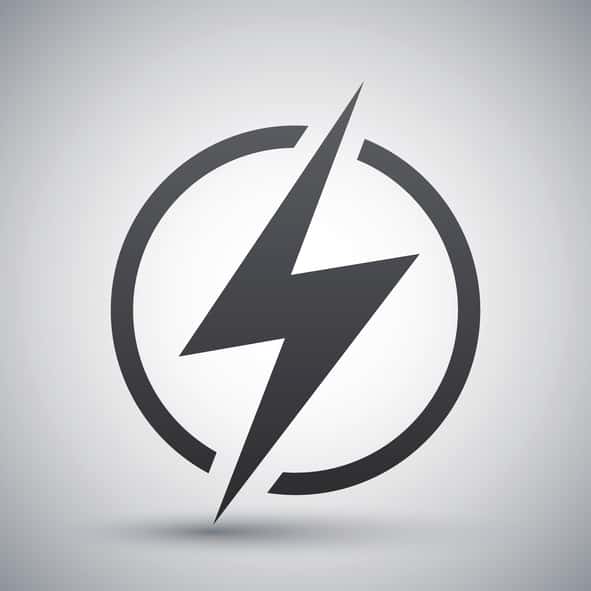Loop Energy, a provider of zero-emission power systems for medium- and heavy-duty transport, says it has introduced a new range-extender power module for heavy-duty electric transport vehicles.
According to Loop, its unique fuel cell design substantially improves performance, durability and cost. Following a three-year development period, the Loop power module is now being integrated by an original equipment manufacturer and will begin in-service operation in 2017.
Fuel cell range extenders, or auxiliary power units, are critical to zero-emission trucks and buses, as they extend the range of battery-electric systems using onboard hydrogen fuel. Loop Energy says its module provides a breakthrough in terms of cost and power density, making range extension economically viable for a variety of applications.
“This is a defining moment for Loop as we advance the transit and trucking sectors forward in terms of their ability to meet performance, cost and large-scale carbon reduction targets,” says Ben Nyland, president and CEO of Loop Energy. “We’ve found that our technology is a perfect fit for powering heavy-duty transit buses and Class 6 to 8 trucks with zero emissions.”
By optimizing air flow inside the fuel cell, Loop’s eFlow design produces far greater power density than industry-standard fuel cells, the company states. This higher-power density allows Loop to simplify and significantly increase the efficiency of the fuel cell stack and system.
Further, the Loop 56 kW fuel cell power module offers a power density of 213 W/L to boost the range of battery-electric vehicles by more than three times. The module is turnkey, containing the air compressor and controls, enabling a drop-in solution for manufacturers of heavy-duty trucks and transit buses that want increased power and range for a reduced cost.
“Loop’s range-extender system has unlocked the cost, power, efficiency and durability parameters customers require for their heavy-duty electric powertrain systems,” says Rob Wingrove, director of product development for Loop Energy. “We can reduce the size of the battery pack and the fuel cell, thereby closing the economic gap with fossil fuel powertrains.”







